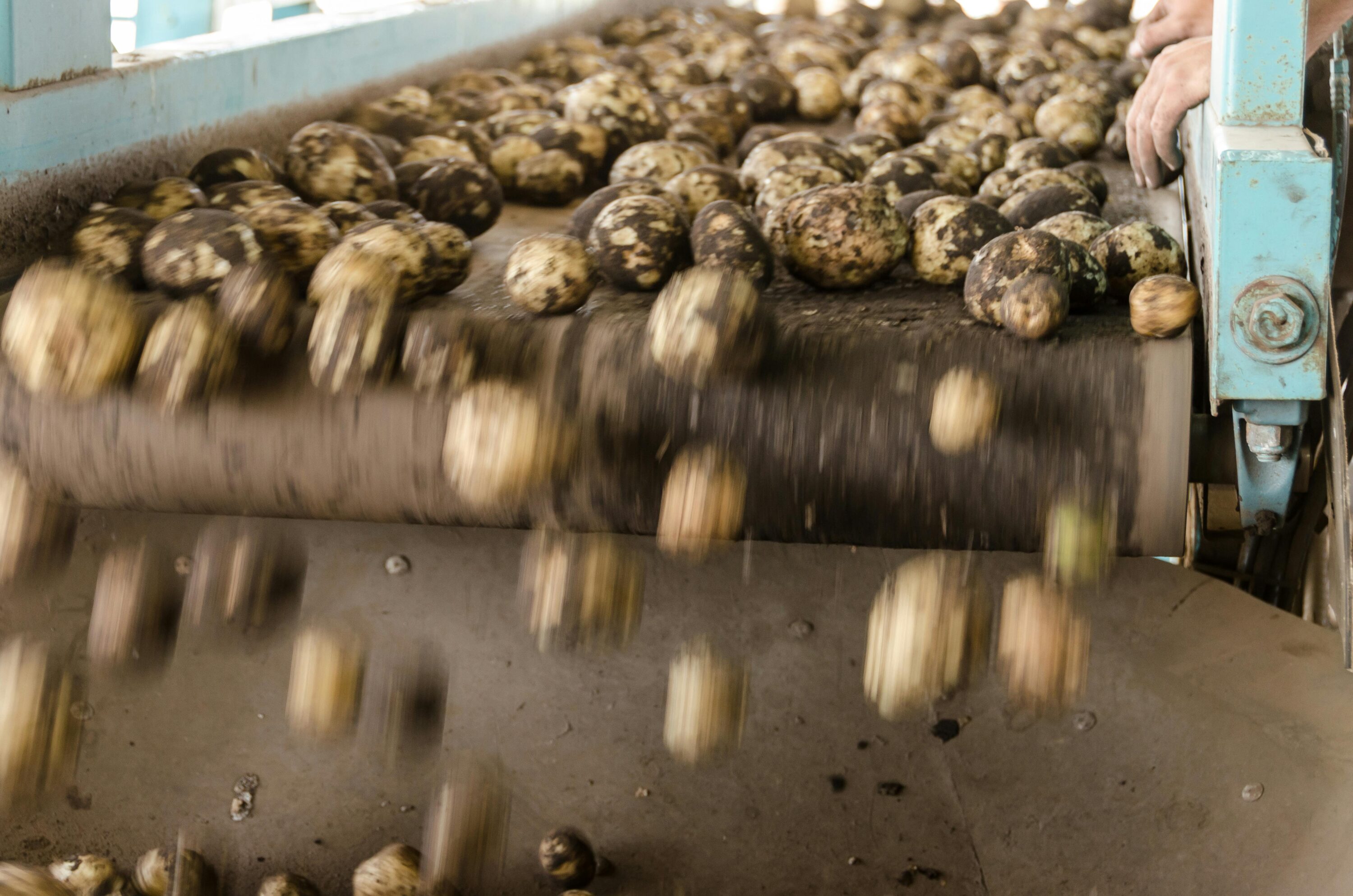Is Basic Industries a Good Career Path?
Basic industries form the foundation of the global economy by providing raw materials and essential goods that fuel other industries.
These industries include agriculture, mining, oil and gas, forestry, and manufacturing, supplying the resources needed for construction, energy production, and consumer goods manufacturing.
If you’re considering a stable and essential career, basic industries may be a worthwhile path.
What Are Basic Industries?
Basic industries involve the extraction and processing of raw materials that are later used by other sectors to create finished products. These industries play a vital role in sustaining economic growth and development. Some of the key sectors within basic industries include:
- Agriculture – Farming, livestock, and food production.
- Mining – Extraction of minerals, metals, and coal.
- Oil and Gas – Drilling, refining, and distributing energy resources.
- Forestry – Timber production, paper manufacturing, and conservation.
- Chemical Industry – Production of essential chemicals used in various manufacturing processes.
- Steel and Metal Production – Manufacturing materials used in construction and transportation.
Why Is Basic Industries a Good Career Path?

Choosing a career in basic industries means diving into the foundation of modern life—literally. From energy and agriculture to metals and raw materials, this sector fuels nearly every other industry. But beyond its economic importance, here’s why it’s a smart move for your career:
1. High Demand and Job Stability
Basic industries produce the raw materials every other industry needs. Whether it’s food, fuel, construction, or manufacturing—none of it happens without workers in agriculture, mining, oil, gas, or forestry. That means jobs in this field are consistently in demand, even during economic downturns.
2. Competitive Salaries (Even Without a Degree)
Many roles—like welders, machinists, and equipment operators—offer strong wages without requiring a traditional 4-year college degree. With the right training or certifications, you can earn a solid income early in your career, especially in skilled trade positions or unionized industries.
3. Opportunities for Advancement
Start on the ground floor and move up. From machine operator to supervisor, or from lab assistant to engineer—basic industries often provide clear career ladders and promote from within. Plus, large companies may cover your further education or training.
4. Hands-On, Fulfilling Work
If you enjoy working with your hands, solving physical problems, and seeing tangible results from your efforts, basic industries are incredibly rewarding. Whether you’re maintaining machinery or harvesting crops, your work has a visible, real-world impact.
5. Global Reach and Mobility
This isn’t just a local job—it’s a global opportunity. Skills in energy, metals, chemicals, and manufacturing are transferable across countries, especially in places where resource extraction and production are booming.
6. Innovation and Green Tech Growth
Basic industries are modernizing. With the rise of renewable energy, electric vehicles, and sustainable practices, careers in this field now include exciting, future-proof roles like wind turbine technicians, green chemical engineers, and sustainability consultants.
7. Strong Union Representation
Many roles in this sector come with union support, offering job security, benefits, and workplace protection. That means better wages, consistent hours, and a stronger voice on the job.
Challenges in Basic Industries
While there are many advantages, careers in basic industries also come with challenges:
1. Physically Demanding Work
Many jobs involve manual labor, heavy lifting, and outdoor work in various weather conditions.
2. Exposure to Hazards
Some industries, such as mining and oil drilling, involve safety risks and require strict adherence to safety protocols.
3. Cyclical Nature of Some Industries
Certain sectors, like oil and gas, are affected by market fluctuations, leading to potential job instability during economic downturns.
What Jobs Are in Basic Industries?

1. Petroleum Engineer
Petroleum engineers design and develop methods for extracting oil and gas from below the Earth’s surface. They often work on drilling plans, oversee extraction operations, and ensure safety and efficiency in oil fields.
2. Mining Engineer
These engineers plan and manage the extraction of minerals from the Earth. They determine the best methods for mining, ensure compliance with safety standards, and work to minimize environmental impact.
3. Welder
Welders use high heat to fuse materials like metal in construction, manufacturing, and shipbuilding. It’s a hands-on job crucial to many industries, from pipelines to automotive manufacturing.
4. Machinist
Machinists operate heavy machinery to create metal parts and tools used in industrial equipment. Precision and technical skills are vital in this role, especially in factories and production plants.
5. Steelworker
Steelworkers build and install steel frameworks for large structures like buildings, bridges, and towers. They read blueprints, handle large steel pieces, and work at great heights.
6. Chemical Technician
These professionals assist chemists and engineers in researching, developing, and producing chemicals. They conduct lab tests, monitor experiments, and help in quality control in industrial production.
7. Agricultural Scientist
Agricultural scientists study soil, crops, and livestock to improve farming practices. Their work supports the basic industries by boosting productivity and sustainability in food production.
8. Textile Machine Operator
Operators work with machines that weave or knit fibers into fabric. This role is part of the foundational textile industry, supplying materials for clothing, upholstery, and more.
9. Electrician
Electricians install and maintain electrical systems in industrial facilities. In basic industries, they’re essential for keeping factories running smoothly and safely.
10. Heavy Equipment Operator
These operators drive and control large machines used in construction, mining, and logging. Think bulldozers, cranes, and excavators—key tools in raw material extraction and infrastructure development.
Final Thoughts
So, is basic industries a good career path?
If you’re looking for a stable, high-demand job with opportunities for growth and practical skills, this field offers numerous benefits. While some roles require physical effort and resilience, they also provide rewarding career paths with strong financial incentives.
Whether you’re interested in energy, agriculture, or manufacturing, basic industries offer essential career opportunities that can stand the test of time.
If interested, there are more similar articles for choosing your career path:




